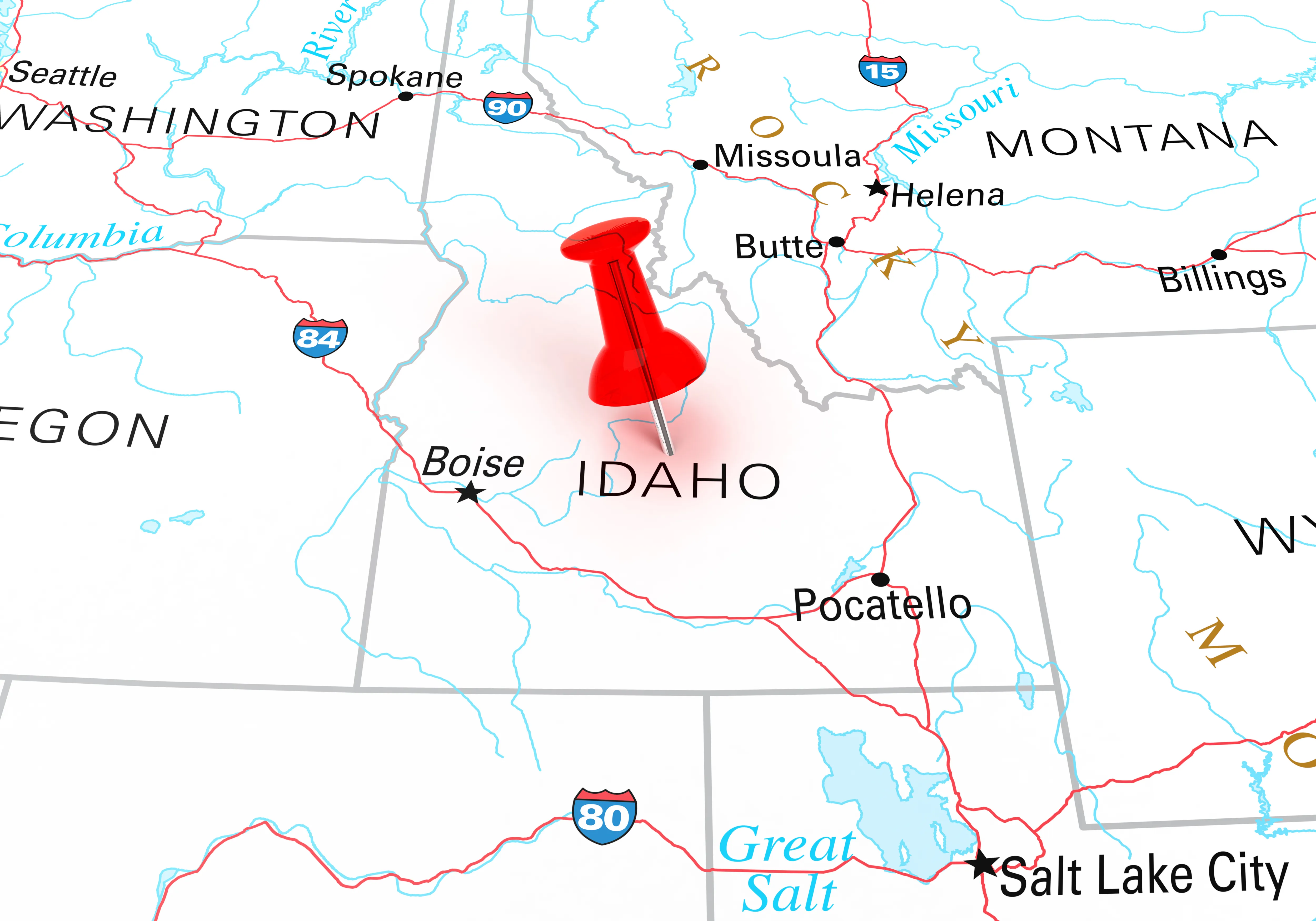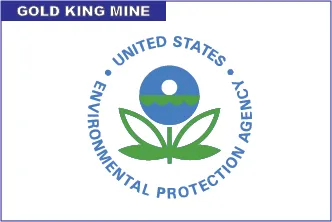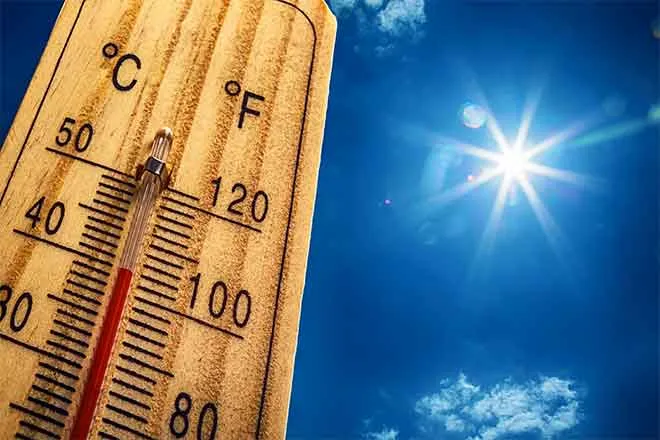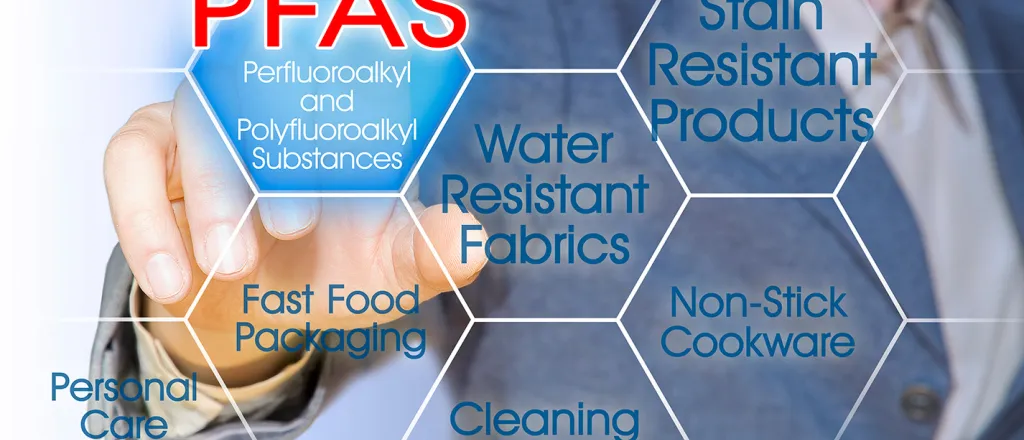
Advocates: Trump administration should ban vinyl chloride
Click play to listen to this article.
As public awareness about the link between plastics and cancer risk increases, environmental groups said they want the Trump administration to make sweeping policy changes when it comes to plastics, including banning vinyl chloride, a toxic chemical used to make PVC plastic and vinyl.
The EPA is considering tightening regulations on the chemical.
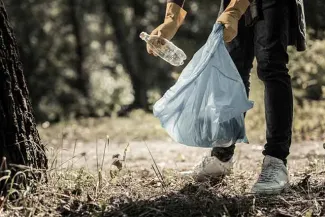
© iStock - yacobchuk
Judith Inck, president of the advocacy group Beyond Plastics, explained 16,000 chemicals are used in manufacturing plastics and thousands have been shown to be dangerous for human and environmental health. She added there is no safe level of vinyl chloride exposure, which has been linked to lymphoma, leukemia, brain and lung cancer.
"Chemicals like PFAS, the whole family; vinyl chloride, heavy metals, should not be in packaging," Inck contended. "Particularly food and beverage packaging, particularly in baby food packaging."
Included in a series of policy recommendations by Beyond Plastics is a ban on chemical recycling facilities, which purport to recycle plastics. At least two such businesses are planned to operate in West Virginia. Critics said they produce more hazardous wastes and toxic air pollutants.
According to an NPR/PBS NewsHour/Marist poll published last year, 32 percent of adults, especially women and college graduates, said they are avoiding single-use plastic products.
Inck pointed out without state-level and federal laws aimed at eliminating single-use plastics and incentivizing alternatives, it is up to companies themselves to choose to stop plastic usage. She noted groups like the U.S. Plastic Pact are working to push corporations in the right direction.
"An organization of many consumer product companies," Inck explained. "They announced in January of 2022 that they will stop using PVC plastic by 2025 but this is just a voluntary pledge."
Reporting by The New York Times and others have shown how the plastic industry is trying to combat the growing wave of anti-plastic sentiment through social media influencers by proclaiming certain types of plastics are more environmentally friendly than others.

